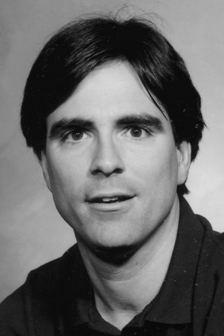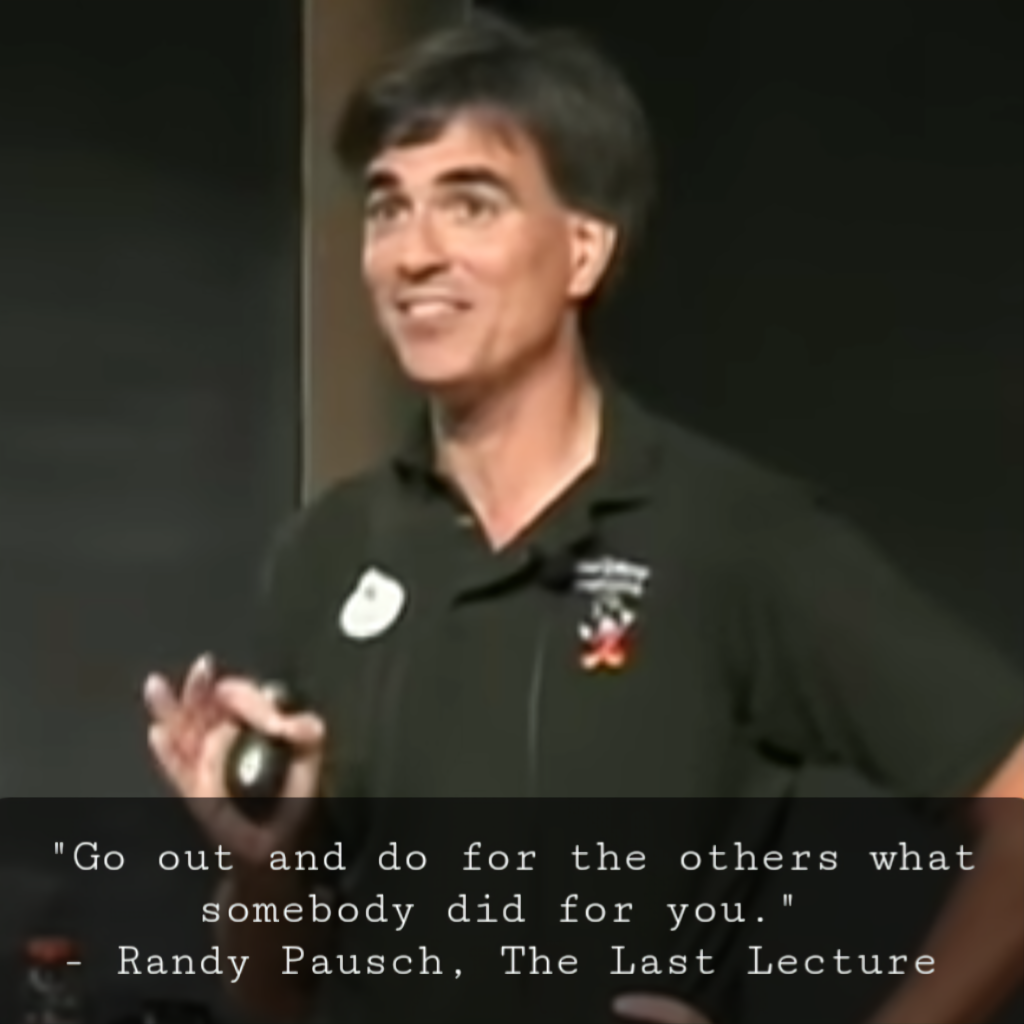
Realization of the limitations of life
Here is a quick question-
“What will you do when you realize that you are going to die within few weeks, months?“
The question is really difficult to answer for everyone but the most basic answer would be to live the moments you have to the fullest. I have realized through the experiences and examples around me that the awareness, the realization of death itself is a new birth. One would be never the same as he/she were after having this realization.
The realization brings in two basic questions (actually there would be infinite number of questions in such scenario but they all boil down to a few):
One – What should I do with the time that I have? and Two – What would/could happen after the end of my existence?
In most of the cases, the first part consumes most of the remaining life one has- as it is the part where the person has most of the control and there is nothing wrong with that. But those who conquer the second question kind of win with the first part of the question and the game of life and death itself to some extent.
This reflects the most important part of us being the human species. We always want to cheat the death. We always want to make sure that we will remain around even when we are not physically there. We want people – especially our loved ones to remember us in their lifetimes.
It all boils down to your legacy.
The Last lecture by Randy Pausch – The lecture and the book

One smart person went through one such event which changed the way people around him and people who will be exposed to his legacy will remember him. Randy Pausch – a professor in Computer Science at Carnegie Mellon gave a lecture which is sufficient enough for every human to have a perspective towards life. The lecture soon turned into a book which has interesting ideas, events, thought processes from his life which show us why he thought so, what inspired him to say that exact line in his last lecture. It should be on every person’s read list, watch list.
Every simple thing becomes special when one becomes aware of its backstory, its origin. “The Last Lecture” by Randy was special not because it was his last one (supposedly), it was because of the ideas that inspired him to deliver that lecture. At the age of 45 in September 2006 Randy was diagnosed with pancreatic cancer and was told that he has time of only three to six months to live. Inspired by the ongoing lecture series in his university where he worked and being a teacher/lecturer to heart, he decided to deliver one such lecture that will help others to achieve their dreams. He named the lecture – “Achieving Your Childhood Dreams”. The lecture was Randy’s learnings and life experiences boiled down into some slides of a presentation.
The book called “The last Lecture” came after the lecture and became the bestseller. The lecture is a great phenomenon in itself but the book is more insightful and also dives deeper into Randy’s life events. The book has literally added more life to every word in Randy’s lecture. While reading the book you will understand the events and motivations held by Randy while he was delivering this last lecture.
The need for the lecture and the book
It became apparent that Randy has very less time left to spend with his family (his wife Jai and three children Dylan, Logan and Chloe). Randy realized that he won’t be there to experience the upcoming events with his children. That was one of the motivations to deliver this last lecture. This lecture is not just a one and half hour of knowledge or wisdom blurted out because he has very less time on earth. Randy could have done other valuable things than delivering the lecture but he didn’t. Actually, for Randy this was his masterpiece lecture and it truly is a masterpiece. This lecture by Randy Pausch is actually who we are as a true human being. We want to cheat death in some way. We want to create that legacy for the next generation, we want to fool the time and its flow.
The highlights of “The Last Lecture”
Every word in this book is a drop of the elixir of life. The lecture, the book, the very sentences are treasure chests of lifelong wisdom. There are many parts in this lecture which will make you reflect on your own motivations for life, dreams.
The brick walls
You will find all types of brick walls in Randy’s lectures. Randy makes a point clear that there always will be brick walls, hurdles in your life. How you strongly want something will either make you break the wall or leave it as it was.
“The brick walls are there for a reason. They’re not there to keep us out. The brick walls are there to give us a chance to show how badly we want something.”
Randy Pausch
Randy also points a beautiful idea about the brick walls which I loved a lot. Randy says that the brick walls are there to actually help you have the seriousness for your real desires and reduce the distractions.
“The brick walls are there to stop the people who don’t want it badly enough. They’re there to stop the other people.”
Randy Pausch
There is one “Romantic brick wall” Randy discusses, which should be left for personal experiences of readers and listeners (believe me it is worth reading and contemplating) It makes a good point on lifelong love and relationship we develop with our partner.
The concept of head fake
Randy gives one interesting trick for lifelong teaching and learning. What is a gift of the greatest teacher? It is the ability to create the interest of students into his topic and make them aware of the magic this knowledge can do. Randy establishes with many examples that you can teach anyone anything if you divert there focus from the target/destination to the actual process/journey. Randy calls this trick of diversion as a head-fake. The student won’t even realize what they will be approaching while learning but when reached to the target – when learnt something, they will truly appreciate the process and the teacher himself. It is more enjoyable in the book. Randy makes sure that this head-fake keeps bringing its head up throughout the lecture and the book.
Intellectual Humility
Even if you are right all the time that does not mean that everyone will accept you all the time. While being intelligent we humans are emotional creatures too. Most of the time the emotional part is heavier than the intellectual part. Randy tells a story of his “Dutch uncle” who subtly pointed his arrogant behavior with the people even when he was smarter than them.
Value of time
One of the most interesting things about the last lecture is that how Randy thinks about time management. The ideas conveyed through the lecture are unconventional- like these are some of the most practical advices on time management. Questioning the things on which you are spending time, having a to-do list (even if you might think of changing it later), discipline of handling random things to save the time lost in searching them at the last hour, delegating the tasks and trusting people with these tasks can free your hands, taking breaks are some of the most practical and doable things Randy suggests about time management.
Collaborate with different types of people
Not restricting yourselves to one stream, ideas, group of people can do a great value addition in your personality. Randy asks everyone to work in a team and not only in a team but in different types of teams, different types of people. In many parts of the book, you will realize how Randy’s teaching techniques always were connected to group learning and Randy gives some of the best examples on the success of this method. Working in teams and power of multidisciplinary learning is one key takeaway Randy provides.
Sustainable and long-term thinking
Randy has also highlighted the importance of long-term benefit over a short-term pleasure. He makes everyone aware of the value of being earnest person – a person with a core rather than being a hip who is just on surface trying to impress everyone.
Contingency plan – “All you have is what you bring with you”
Randy gives optimism a different dimension called practical optimism. Even though he knows that he has to enjoy every moment in his life, Randy does not run away from the reality of disease and the death closing in and he proves that with many examples from his life events. Practical optimism is thinking about the limitations of the situation and getting ready handle those worse conditions. Randy gives a quick disaster management lesson through one such part in his lecture.
Get a feedback loop; and listen to it.
One important part of intellectual humility is feedback and taking actions on this feedback. Valuing the feedback can create wonders in your personality and help you to connect with other on deeper levels
Create a legacy, Cheat death
Randy wants everyone to have a sense of giving back to the society. On a personal level it becomes, your duty to put your trust in someone to transfer your wisdom in the development of that person. That is how humanity has evolved and made breakthroughs. Randy tells about many of his students and colleagues to prove his point and his motivation behind it.
The lecture, the book is the legacy that Randy wants to give to the society.
At the end of the lecture, Randy has kept a surprise for every reader, listener which will again prove the point that he is one of the greatest persons, teacher, father humanity has ever seen.
You will also realize that every human life is so special in different aspects when you closely inspect the life events from Randy’s Last lecture. These are life events which are common to every human being in every way. I think Randy’s thoughts, life events actually celebrate the meaning of being a human being.
Legacy- The cycle breaker

We are constantly chasing something over our entire lifetime- money, fame, peace, satisfaction and what not. We always have some goals even though they are not called as “goals” but they are always there in the form of our desires, wishes, expectations.
Either you achieve them or you don’t. So, there are always two possible outcomes for every pursuit of desire- goal:
You did something today. Things turned out to be great – Congratulations! Now move ahead with greater task to benefit yourselves and others.
OR
You did something today. Things were not so good – Sorry for your loss (prepare for the punishment in worst case!) How will you work on things to cope with this and get out of it.
The thing which remains same in both cases is that you will show up on the next day. There is 100% chance that you will live tomorrow to celebrate/ build further or to work things out/solve the problem. The goals dictate this direction, the modus operandi for what should be done next, to achieve what you want. It tells you to have a vision, a future outlook.
But what happens when there is no future for you? Do your goals- short term, long term your true calling matter? What if someone tells you that you have only few days in your life. What will happen to your long term and short-term goals, your inner calling? For me dying in a blink of a moment would be far easier than going through such a dreadful time with the information that the death is waiting for you just in the next corner.
This becomes the moment when we realize the things which we were striving/ fighting for. We become aware of the worthlessness of the things thereby valuing the life experiences in a wider sense. And things that we were chasing become worthless in front of the life experiences we had Which actually inspires us to create an awareness, a sense of value in the eyes of people we love. That is when we become self-less and seek for a legacy. The purpose of legacy and even legacy itself can sometimes be selfish, but a true legacy is always self-less.
Even though Randy wanted to create this legacy for his children and he highlights same intentions through his last lecture, one should remember that the life events he shares in this last lecture actually show how self-lessness can impart greatness to a simple human being. Thus, even though Randy’s intentions were selfish, the legacy he created becomes the greatest legacy – the selfless legacy humanity can have forever.
The legacy is what makes others after our time to build upon something to advance further and which lives there even when you are not around. We humans have this gift of legacy which ultimately makes us aware about the worthlessness of the things in the cycle of life and death and actually helps us to value the experiences in our lives in a greater and deeper sense.

For further exploration:
- Randy Pausch Last Lecture: Achieving Your Childhood Dreams
- The Last Lecture – by Randy Pausch with Jeffrey Zaslow
Image Reference- Death and Life by Gustav Klimt from Wikimedia
P.S. – One of the most important and experience shared by Randy that I loved was his quote in the early part as follows:
Every quote from hereon belong to The Last Lecture by Randy Pausch.
“If you dispense your own wisdom, others often dismiss it: if you offer wisdom from a third party, it seems less arrogant and more acceptable.”
Randy Pausch, The Last Lecture
This also reflects that even after being a great teacher/ educator, Randy practiced intellectual humility to the heart and he was really master of his art.
There are many great lines which deserve separate attention and they should inspire you to visit this lecture especially the book for once in your lifetime.
“Engineering isn’t about perfect solutions; it’s about doing the best you can with limited resources.”
Randy Pausch, The Last Lecture
“If you can dream it, you can do it.”
Randy Pausch, The Last Lecture
“We cannot change the cards we are dealt, just how we play the hand.”
Randy Pausch, The Last Lecture
“If you dispense your own wisdom, others often dismiss it; if you offer your wisdom from a third party, it seems less arrogant and more acceptable.”
Randy Pausch, The Last Lecture
“Never make a decision until you have to.”
Randy Pausch, The Last Lecture
“Have something to bring to the table, because that will make you more welcome.”
Randy Pausch, The Last Lecture
“If you can find an opening, you can probably find a way to float through it.”
Randy Pausch, The Last Lecture
“You’ve got to get the fundamentals down, because the fancy stuff is not going to work”
Randy Pausch, The Last Lecture
When you’re screwing up and nobody says anything to you anymore, that means they’ve given up on you.
Randy Pausch, The Last Lecture
Tenacity is a virtue, but it’s not always crucial for everyone ho hard you work at something.
Randy Pausch, The Last Lecture
People are more important than things.
Randy Pausch, The Last Lecture
If she doesn’t really love you, then it’s over. And if she does love you, then love will win out.
Randy Pausch, The Last Lecture
Not everything needs to be fixed.
Randy Pausch, The Last Lecture
Don’t complain, just work harder.
Randy Pausch, The Last Lecture
Never lose the child-like wonder
Randy Pausch, The Last Lecture
Start by sitting together
Randy Pausch, The Last Lecture
Go out and do for the others what somebody did for you.
Randy Pausch, The Last Lecture
A good apology is like an antibiotic; a bad apology is like rubbing salt in the wound.
Randy Pausch, The Last Lecture
There is more than one way to measure sure profits and losses. On every level, institutions can and should have a heart.
Randy Pausch, The Last Lecture
If you can find your footing between two cultures, sometimes you can have the best of the both worlds.
Randy Pausch, The Last Lecture
When we’re connected to others, we become better people.
Randy Pausch, The Last Lecture
All you have to do is ask.
Randy Pausch, The Last Lecture
Be good at something: it makes you valuable.
Randy Pausch, The Last Lecture
Find the best in everybody; no matter how you have to wait for them to show it.
Randy Pausch, The Last Lecture







